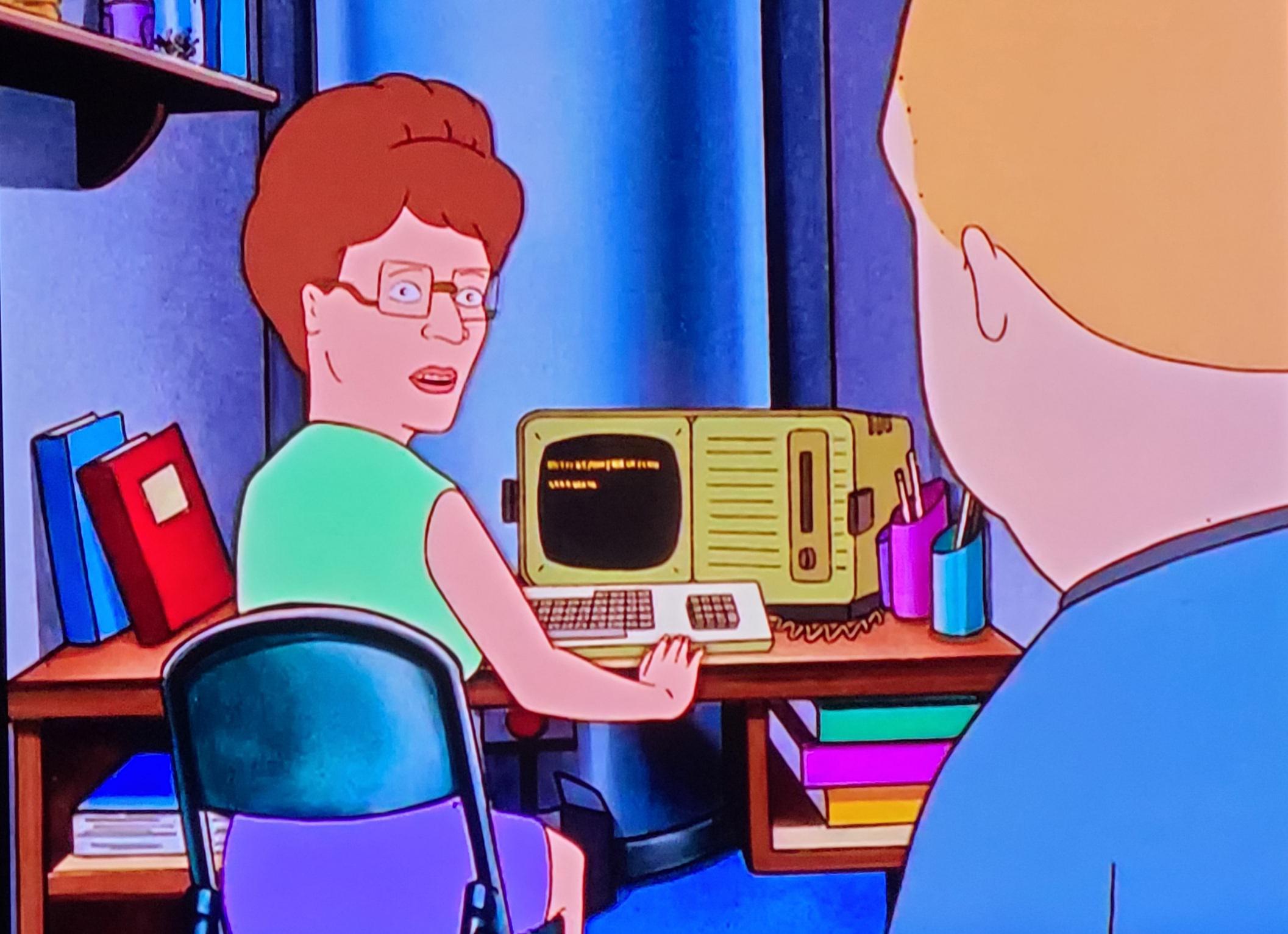Archived
Through a mix of subsidised tours, university scholarships, TikTok-style propaganda and influencer outreach, Beijing is trying to win over the generation in Taiwan that has grown up with democracy, freedom and a deepening sense of Taiwanese identity separate from China.
But how successful has this campaign been? And what are the political consequences? While Chinese soft power has made cultural inroads—especially through popular apps and lifestyle content—it has largely failed to shift the political convictions of Taiwan’s youth. The result is a more politically aware generation—one increasingly fluent in the coercive tactics used against it.
At the heart of China’s strategy lies a simple idea: if it can’t win over Taiwan’s government, it can win over its youth. Beijing is attempting to influence them by showing attention and affection in an overt and attributable manner through cross-strait youth exchange programmes. This form of soft power includes inviting Taiwanese students to China for subsidised trips featuring choreographed cultural activities and friendly political messaging. Scholarships have also been offered to study at Chinese universities, where students are exposed to Chinese Communist Party ideology and are encouraged to become ambassadors for Beijing’s unification message.
[...]
United-front work targeting Taiwan is orchestrated by a network of Chinese party-state organisations that aim to influence, cultivate and co-opt key figures within Taiwanese civil society. China’s Taiwan Affairs Office, the agency responsible for cross-strait relations, has described united-front work as ‘an important magic weapon for the Communist Party of China to unite people and gather strength’. Events that are facilitated by united-front agencies, such as the Taiwan Affairs Office, are intended to co-opt participants, exert malign influence on or redefine Taiwan, its people and its history solely on the CCP’s terms.
[...]
While Chinese soft power has made some cultural inroads, especially among apolitical or disengaged youth, it has not translated into widespread political conversion. Most young Taiwanese still identify strongly with Taiwan, value their democratic freedoms, and remain sceptical of Beijing’s intentions. The memory of Hong Kong’s crushed democracy looms large. So does the daily reality of China’s military and diplomatic pressure.
[...]
Taiwanese youth are not easily fooled. Many are critically aware of Beijing’s tactics. Some are even pushing back, turning digital platforms into spaces for satire, resistance and civic debate. The battle for young minds is real, but it is multi-dimensional.
China’s efforts to charm Taiwan’s youth are part of a broader campaign of influence and coercion. The challenge for Taiwan is not only to expose these tactics, but to offer a better story: one grounded in freedom, identity and the right to choose their own future. That, more than any app or influencer, is what will determine the outcome of this generational contest.





